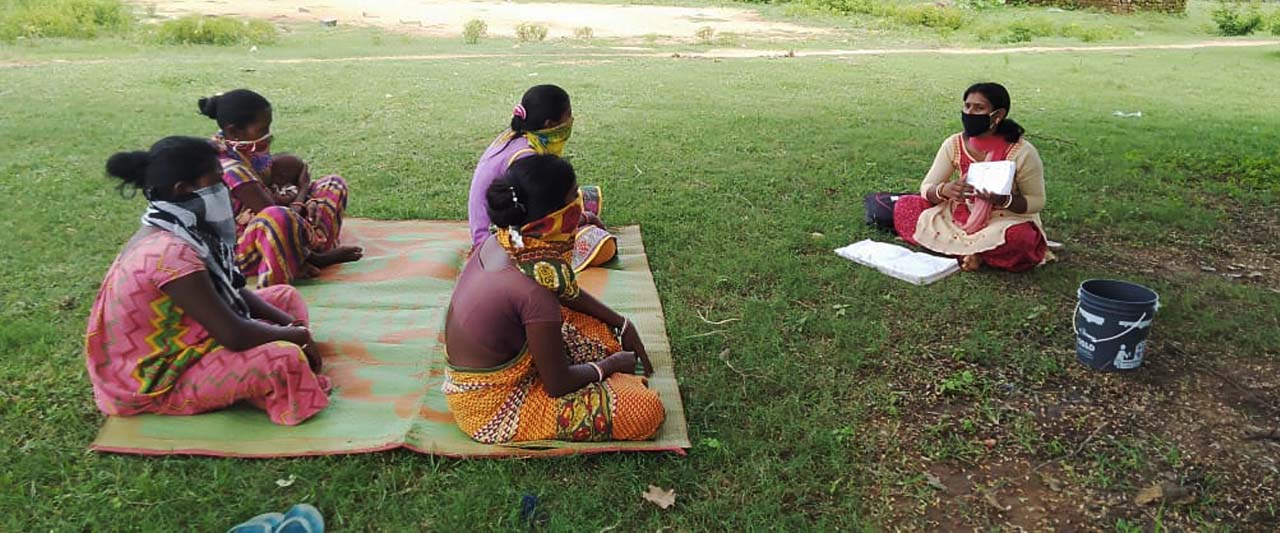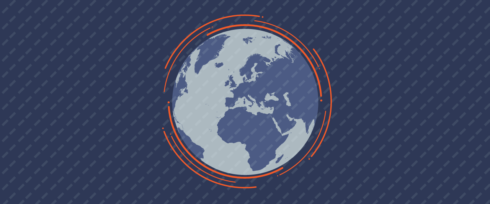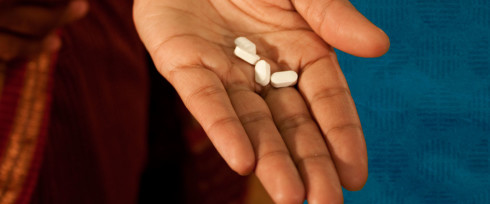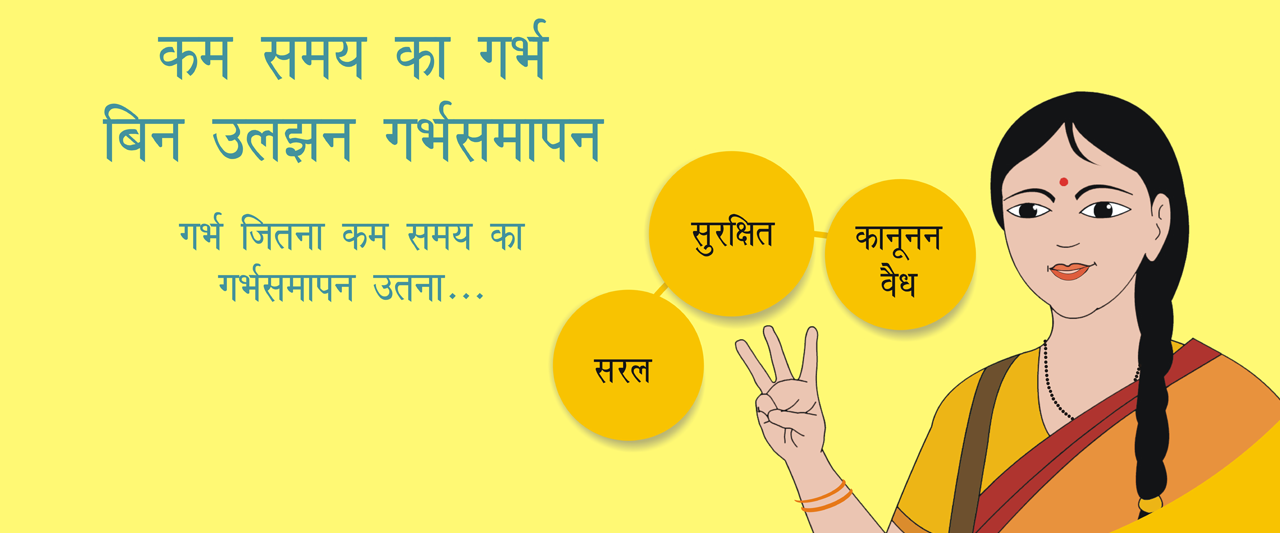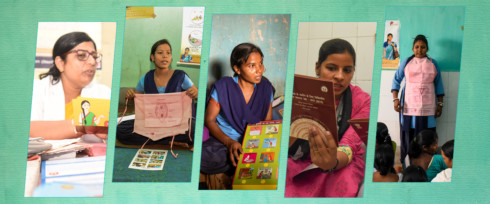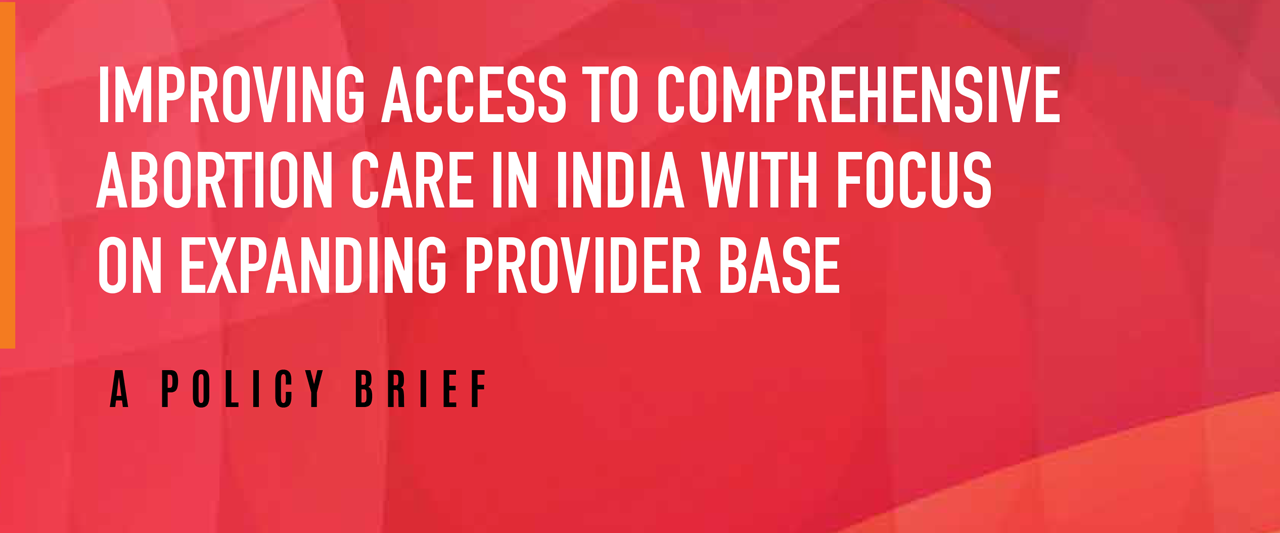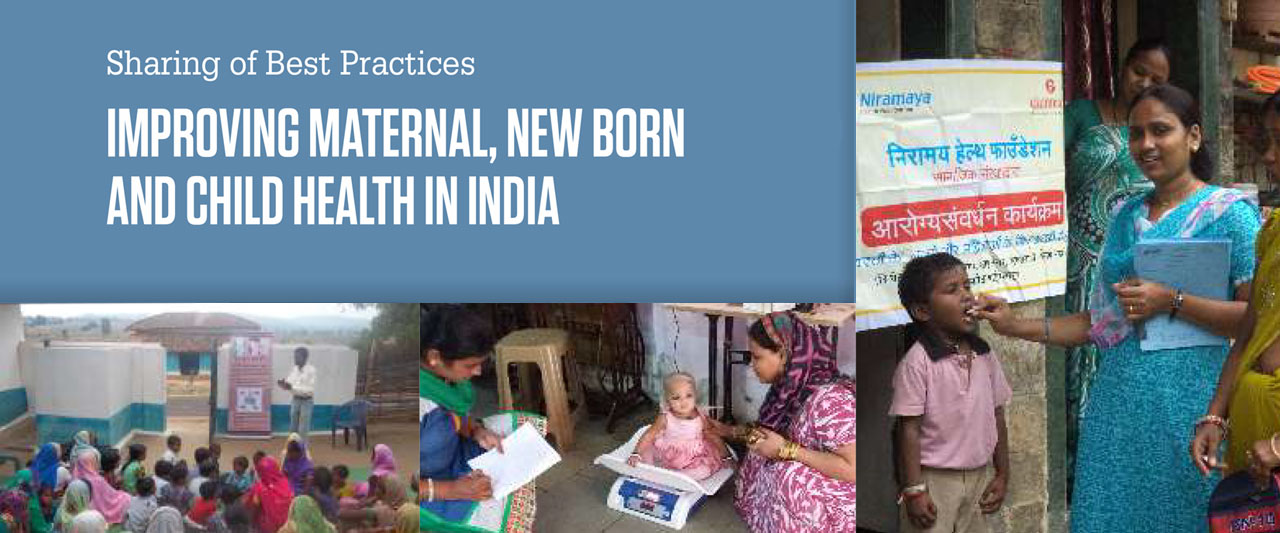India has one of Asia’s broadest abortion laws. Abortions may be performed by a registered physician in a government-approved hospital or facility during the first 20 weeks of pregnancy. However, in this sprawling country of more than one billion people, progressive laws do not guarantee access to safe abortion services. Unsafe abortions still far outnumber legal procedures; an estimated 60% of abortions performed in India are unsafe.
Ipas works in India in partnership with the Ipas Development Foundation (IDF), operating a program that covers 14 states. The program started with training providers and promoting safe abortion technologies at the state and district levels. Ipas and IDF now also work to implement the abortion law, advocate for increased commitment to women’s access to safe services, forge partnerships, and strengthen the public health system at all levels to create high-quality, comprehensive abortion care services. The program also works to ensure youth access to comprehensive reproductive health services and information, including contraception and safe abortion care.
Leadership: Vinoj Manning
Offices: New Delhi and across India (see a map)
Online: ipasdevelopmentfoundation.org/
Ready for the next 50 years
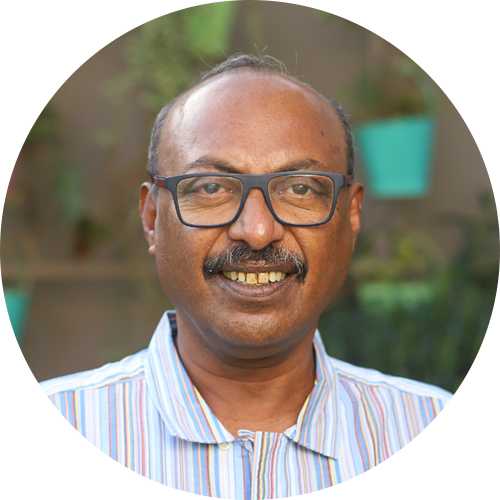
Focusing on abortion as a matter of human rights and justice, not only as a public health issue, drives and inspires the work of the Ipas Development Foundation (IDF) in India. Working with state governments and other partners, we’ve helped to add 10,000 trained abortion providers to health systems across India and have ensured that thousands of clinics can provide high-quality care. In the next 50 years, I see nothing but huge potential for Ipas’s work globally.
Vinoj Manning
Chief Executive Officer, Ipas Development Foundation
Impact in 2024
people received abortion at Ipas-supported facilities
people received contraceptive services at Ipas-supported facilities
abortion access points supported
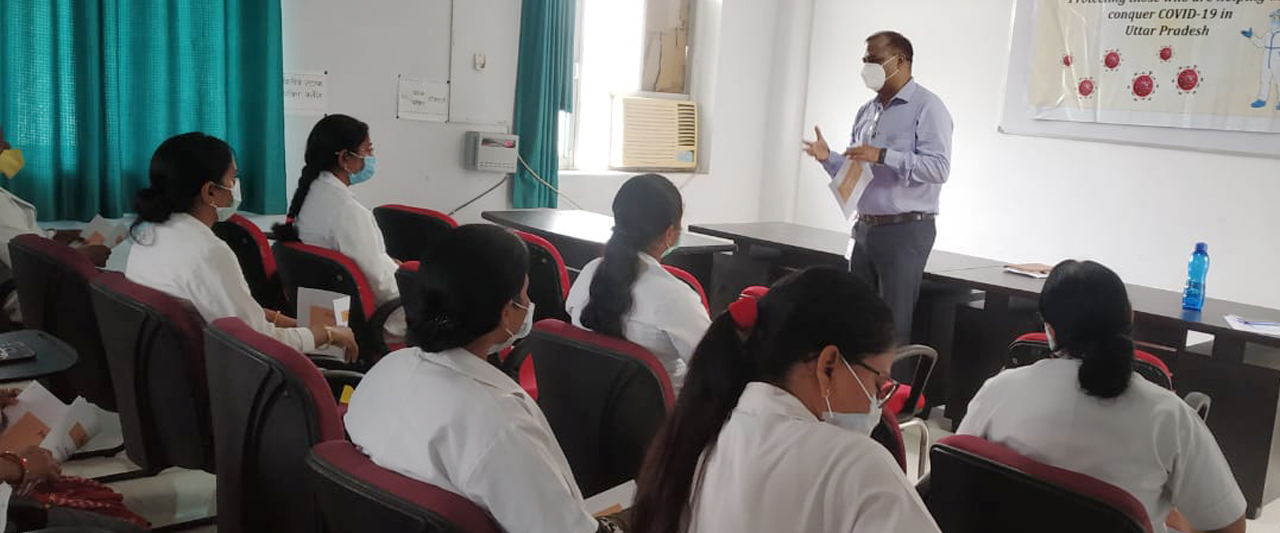
In India, working to protect reproductive health and combat COVID-19
Ipas Development Foundation (IDF) in India is working to reduce the impact of the COVID-19 pandemic on the public health system, with efforts such as providing personal protective equipment and virtual trainings to health workers. “IDF is committed to keeping reproductive health on the national and state agendas and to strengthening partnerships to meaningfully improve the lives of women and girls across the country,” says IDF Chief Executive Officer Vinoj Manning in an article in The Good Sight.
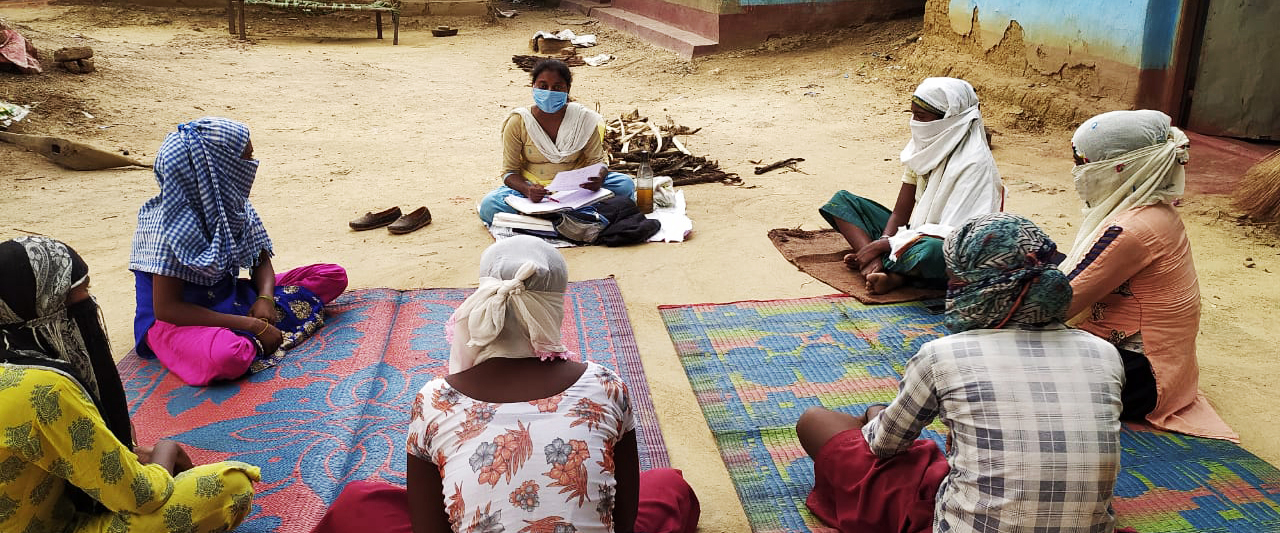
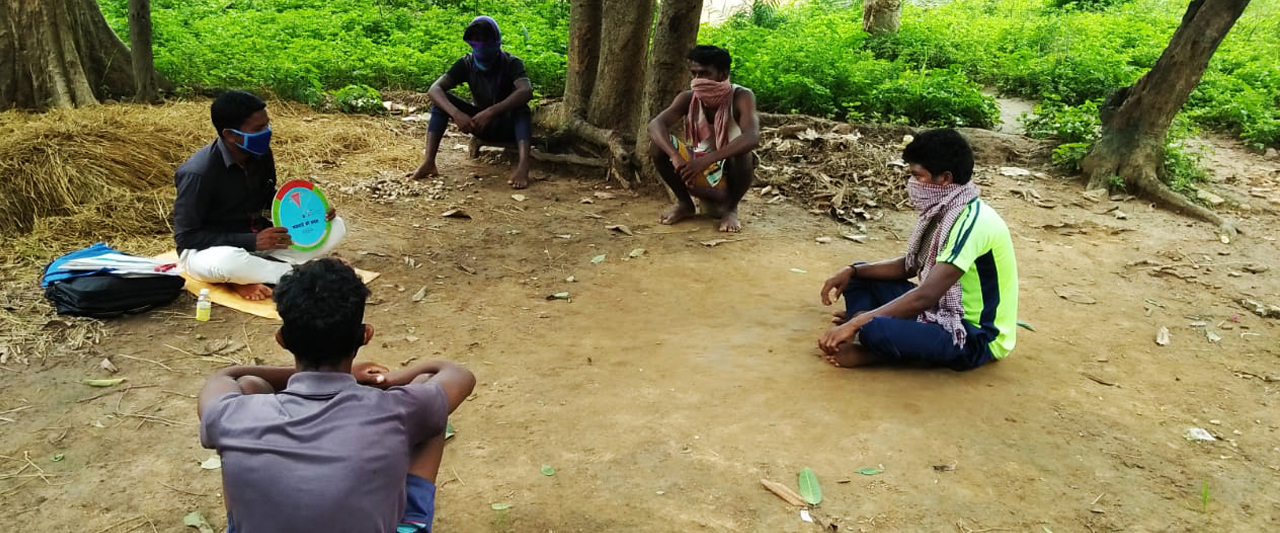
Youth leaders provide crucial reproductive health information during pandemic
Youth leaders trained by Ipas Development Foundation (IDF) in India are getting back to work providing much-needed information on sexual and reproductive health—including on contraception and pregnancy prevention—to the young men and women in their communities. They’re also referring young people for needed care at local health centers.
“In this time of crisis, it is heartening for me to see that men are supportive of the reproductive health needs of their female family members and are approaching me for referrals,” says male youth leader Shashi Bhushan Soy.
Hear more from Shashi Bhushan Soy and from female youth leader Soni Karwa on IDF’s Facebook page.
India says abortion is essential during COVID-19; telemedicine can make it accessible
By recognizing that women’s need for abortion is essential and urgent, the Government of India is showing that it cares about its people, says Anisha Aggarwal of the Ipas Development Foundation. But, she notes, in a time when “in-person client-doctor meeting is both risky and difficult, and denial or delay of services can have adverse outcomes, I strongly believe that it is time to harness the potential of telemedicine for abortions.”

‘Not a single mask of a woman’
Nidhi Verma of the Ipas Development Foundation took this photo of street masks as she was heading out of a metro station one day. Why? Because “there was not a single mask of a woman.” She was taking part in a “photovoice” project and felt the photo perfectly represented women’s lack of power over almost everything in their lives, including abortion care. She explains her thinking in this video.
IDF in the news
Government doctors are being trained to help women in India get safe and legal abortions (Scroll.in)
Parliament must join the courts in ensuring women’s right to safe abortions (The Wire)
Self-managing abortions safely (The Hindu)
Abortions may be legal in India, but 60% are unsafe (The Times of India)




